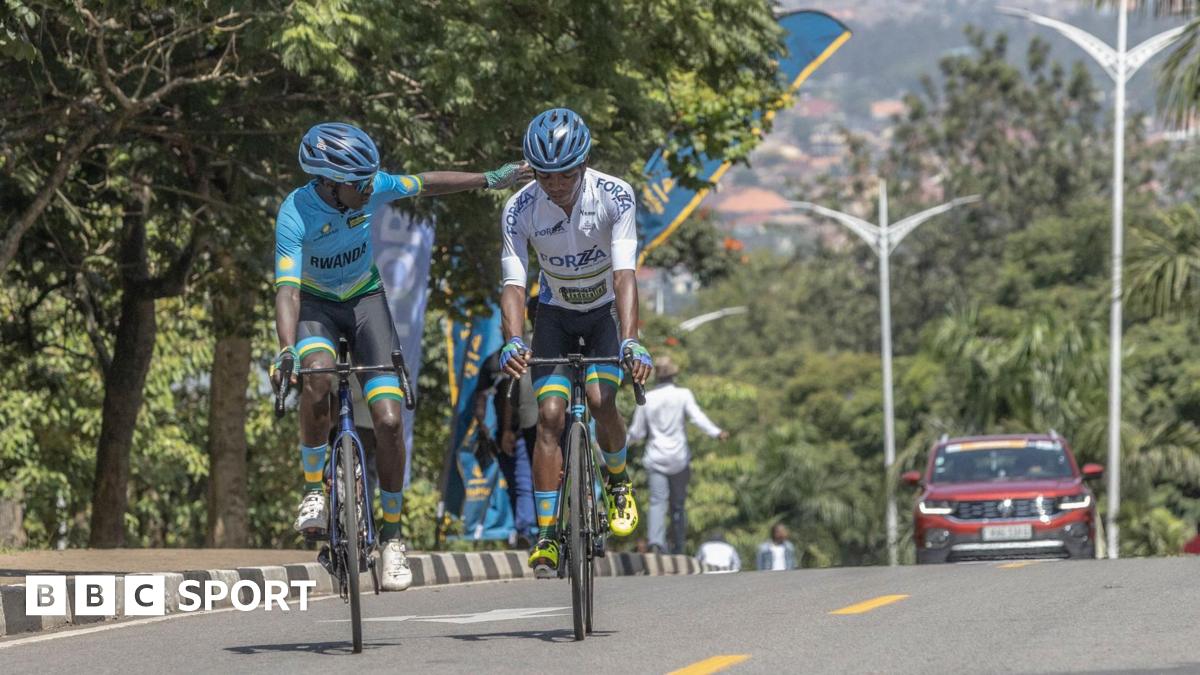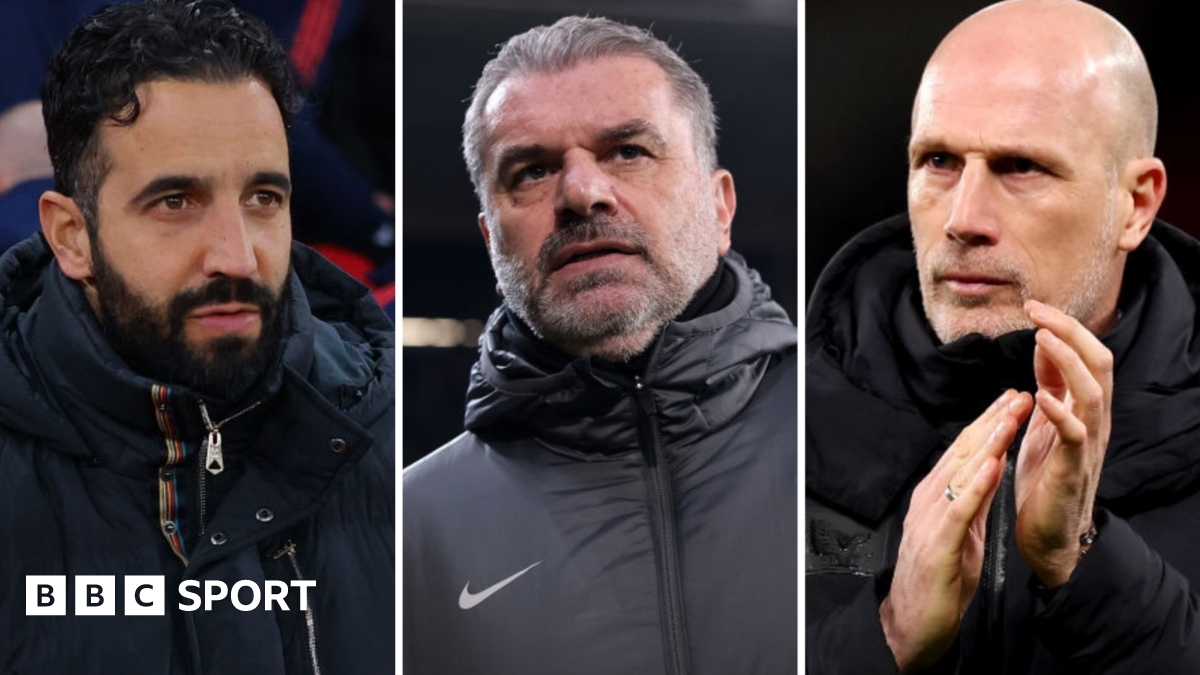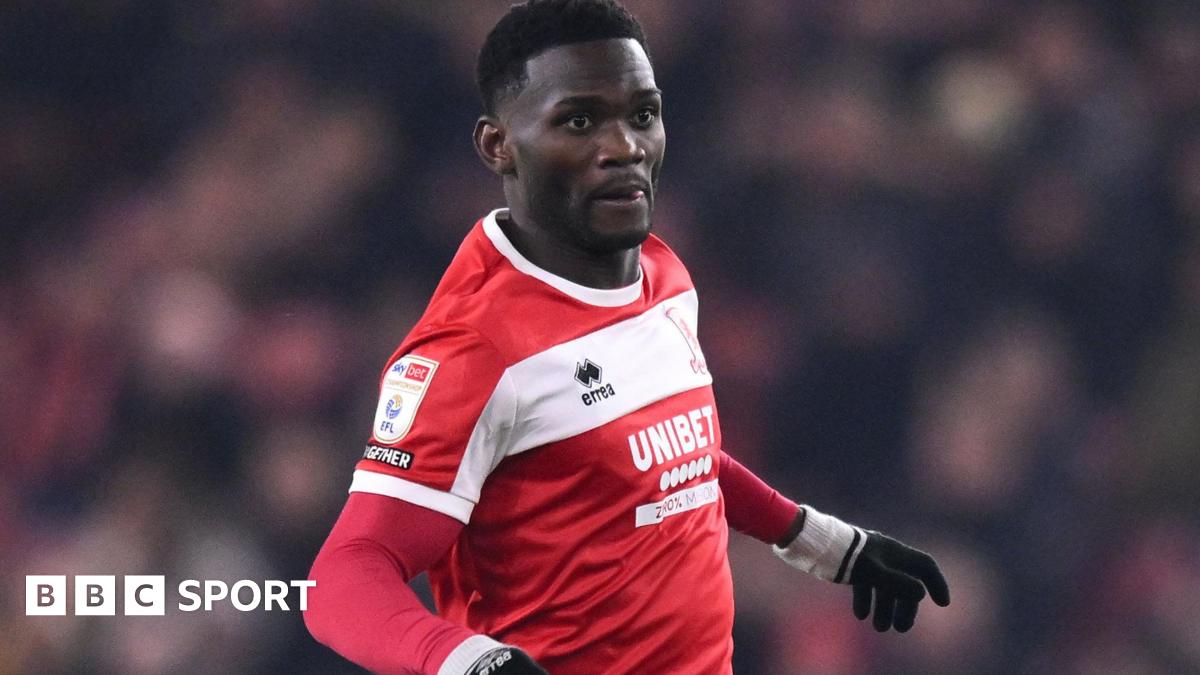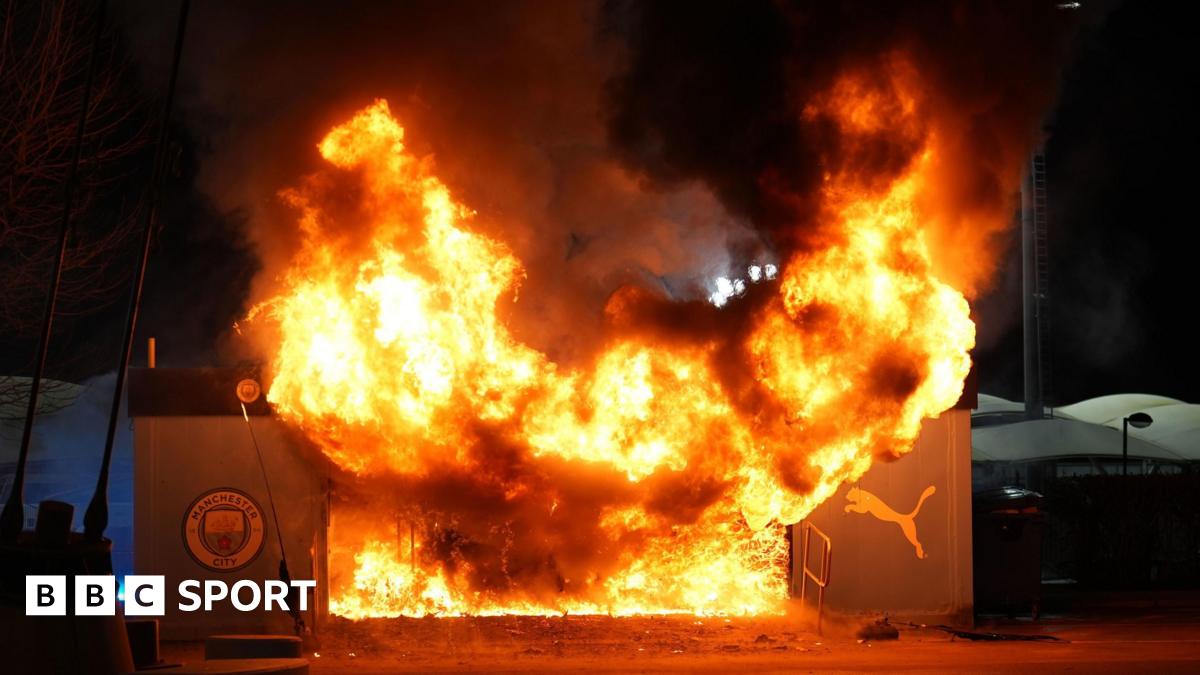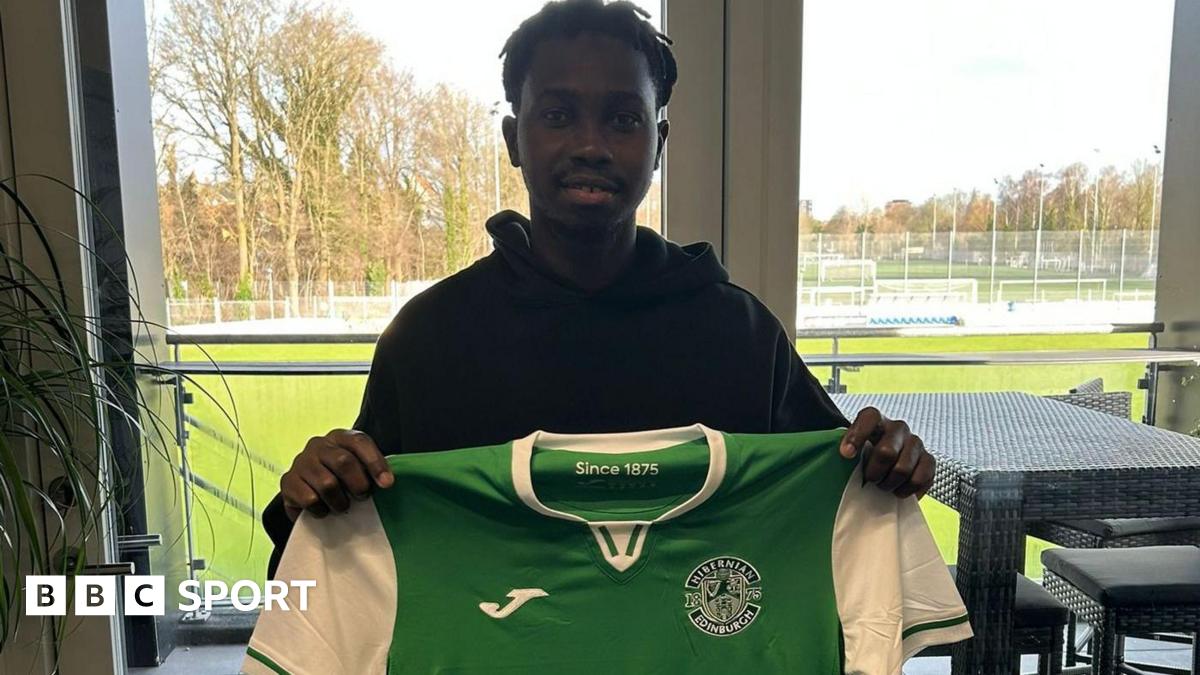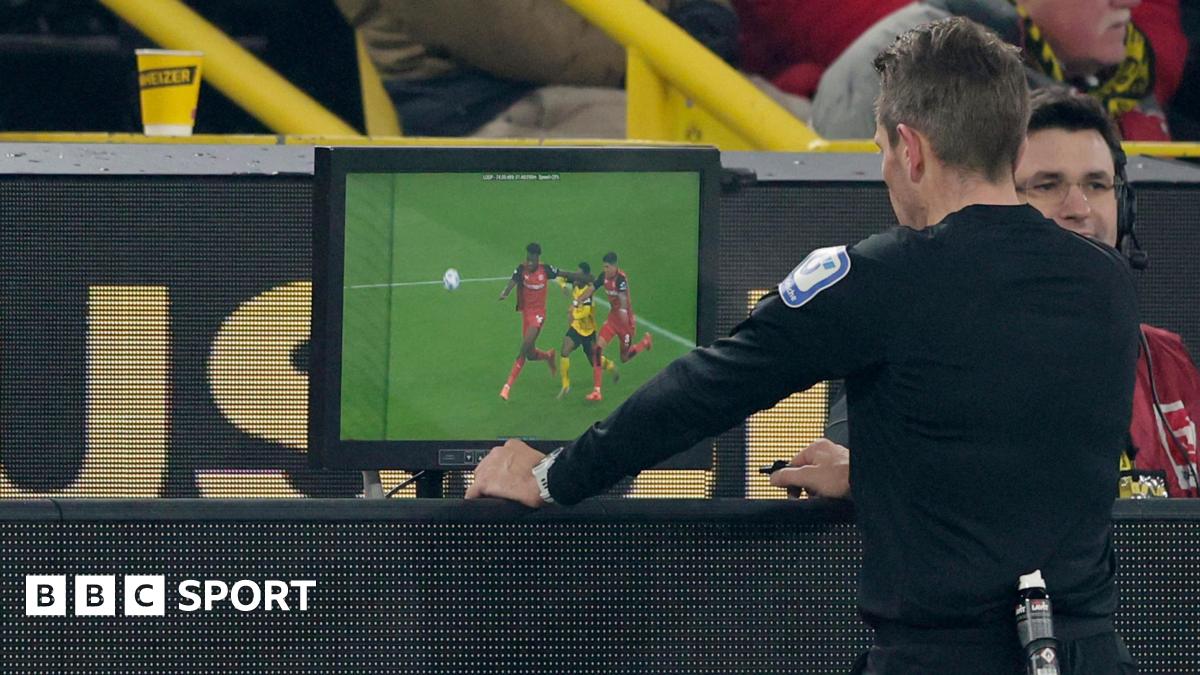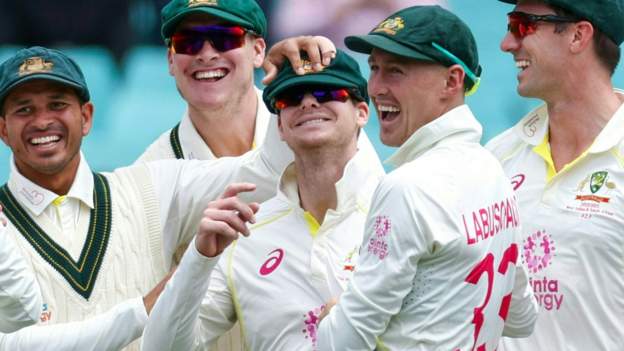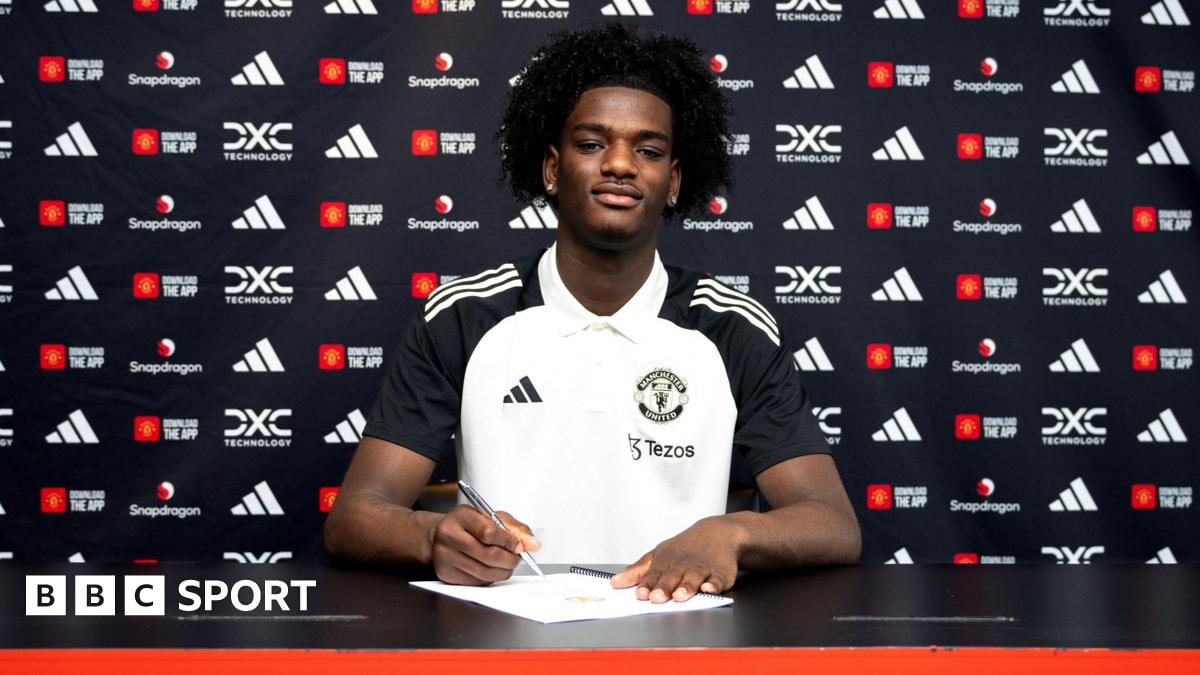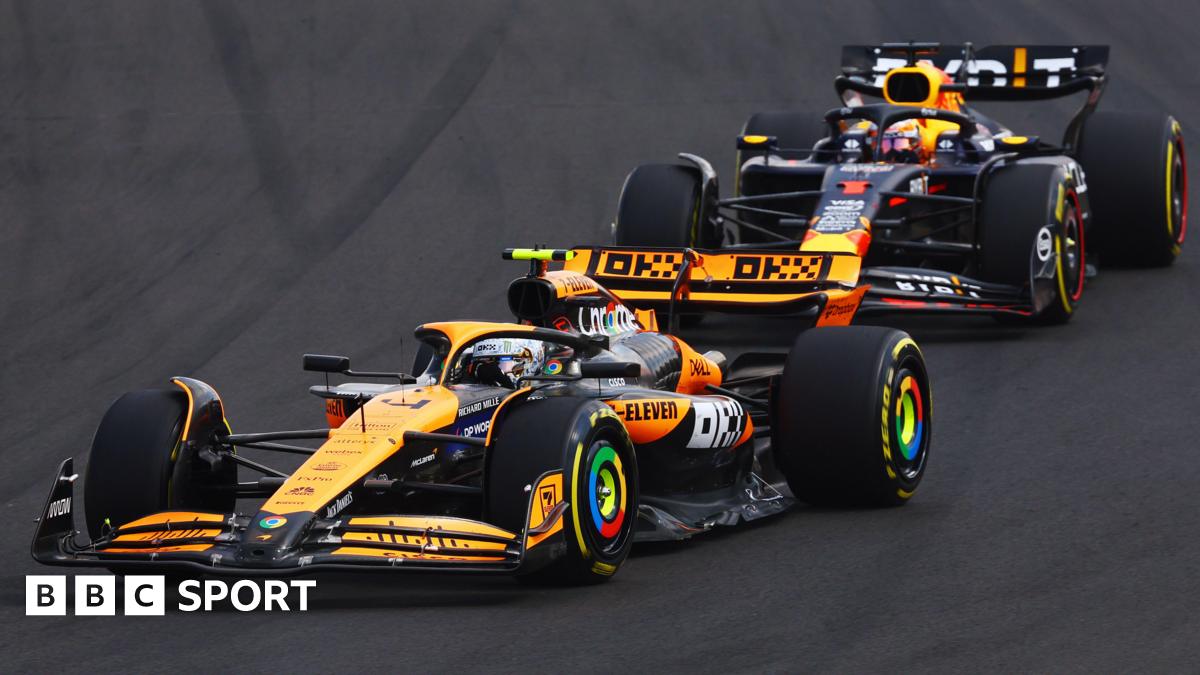Australia batter Steve Smith believes winning a Test series in India over the next few weeks would be bigger than beating England in this summer’s Ashes.
World number one-ranked Australia kick off their huge year of Test cricket on Thursday when they begin a four-match series against India, who are ranked number two in the world and have not lost a red-ball series at home since 2012.
After that, they will play in the final of the World Test Championship in England, before an away Ashes series begins on 16 June.
India, though, is the hardest assignment of all, says Smith.
“It’s a difficult place to win a Test match, let alone a series,” Smith told cricket.com.au.
“If we were able to top that mountain, that would be huge.
“I think if you can win in India, that’d be bigger than an Ashes series.”
The first of many meetings between the ‘Big Three’
These days it’s redundant to say Australia and India will be playing a big series.
England, India and Australia are the only cricket countries with enough money to play big series any more.
Indeed, this four-Test contest will be the smallest Border-Gavaskar Trophy for years to come, with the teams scheduled to add a fifth match to their future meetings in line with their respective series against England.
Meanwhile, the other nine Full Member countries seemingly play as infrequently as possible under their World Test Championship obligations.
All of their series against one another are down to two matches, with three matches occasionally if hosted by one of the three rich boards.
The rationale is the cost of staging Test matches versus the return in broadcast revenue.
The idea of a centralised fund to offset that cost by diverting excess revenue from wealthy countries remains dormant.
Trial by spin?
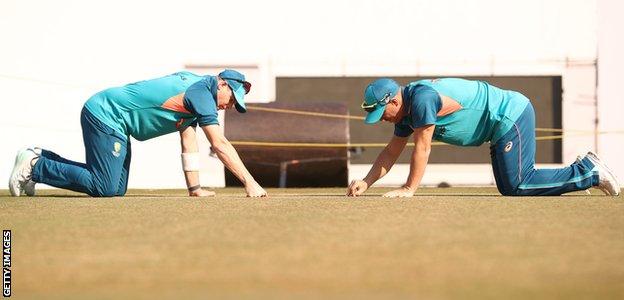
So we come to this contest, with two sides stacked with combatants who know each other’s games and personalities inside and out.
Smith and Virat Kohli are still the standard bearers for their sides, though neither is any longer captain and both are returning from dips in productivity.
David Warner matches up with Rohit Sharma, two aggressive opening bats in the later parts of their careers, whose games are often supposed to be more suited to short-form cricket.
Both have defied that in Tests while sitting third and fourth on the list for most IPL runs.
Cheteshwar Pujara matches Usman Khawaja, two stylish players who have had critics, have come back from being discarded, and have concentrated on the Test arena.
Their teams rely on them to be the long-innings players supporting the scoring around them.
Perhaps it will be the untested players who will make a difference?
Shreyas Iyer has never played Australia, but has been recently prolific. Suryakumar Yadav has never played a Test, but is currently the most exciting bat in the world.
Marnus Labuschagne, Travis Head, Cameron Green have never played in India, but Labuschagne these days is just about the most important in Australia’s top six, and has practised assiduously against spin.
Head has been weak against it but will counter-attack in the form of his life. Green will try to use his huge reach to smother it.
Pat Cummins will sadly not match up with Jasprit Bumrah as the fast-bowling attack leaders, with Bumrah injured.
But India will pick from experience and quality in Mohammed Shami, Umesh Yadav, Mohammed Siraj and Jaydev Unadkat, against Australia’s Cummins, Mitchell Starc and Josh Hazlewood. In reserve are Scott Boland and Lance Morris.
Still, you would expect the series to be decided by spin.
India’s home surfaces are most often prepared with that in mind, with recent history at Nagpur, Delhi and Ahmedabad going that way. Only the Himalayan soil and altitude at Dharamsala might give faster bowlers sway.
This will be India’s signature advantage. Off-spinner Ravichandran Ashwin is his country’s second-highest wicket taker.
Long-time partner in crime Ravindra Jadeja will aim to join him after a long injury break, left-arm orthodox to complement the right, with the taller left-armer Axar Patel as third gun.
All three can bat. If wrist spin is required, Kuldeep Yadav is in the wings.
They offer a gulf of quality over Australia. Nathan Lyon matches the standard, but the next tier of Ashton Agar and Mitchell Swepson are yet to prove as much. Todd Murphy has made the squad untried.
Perhaps Australia will look to 2004, when pace did the job with one top-line spinner controlling an end. It would be a punt, but no more so than playing on India’s terms.
“You can’t kick up a stink that this isn’t a lovely flat wicket like you might get at the SCG,” Cummins said pre-series.
“You’ve got to embrace it. You’ve got to be really proactive straightaway. You’ve got to have a really, really clear gameplan, and literally from ball one, you’ve got to back that in.”
The Australians have been building a very good team, and the Indians are not at their peak in terms of fitness, form, or personnel.
But Test history shows that playing away from home is the biggest challenge, especially for teams travelling to or from Asia.
Overturning that disadvantage is the most prized accomplishment. Stand by for another demonstration of why.


